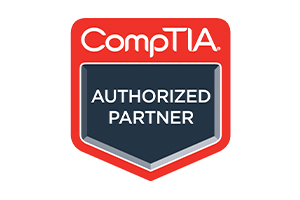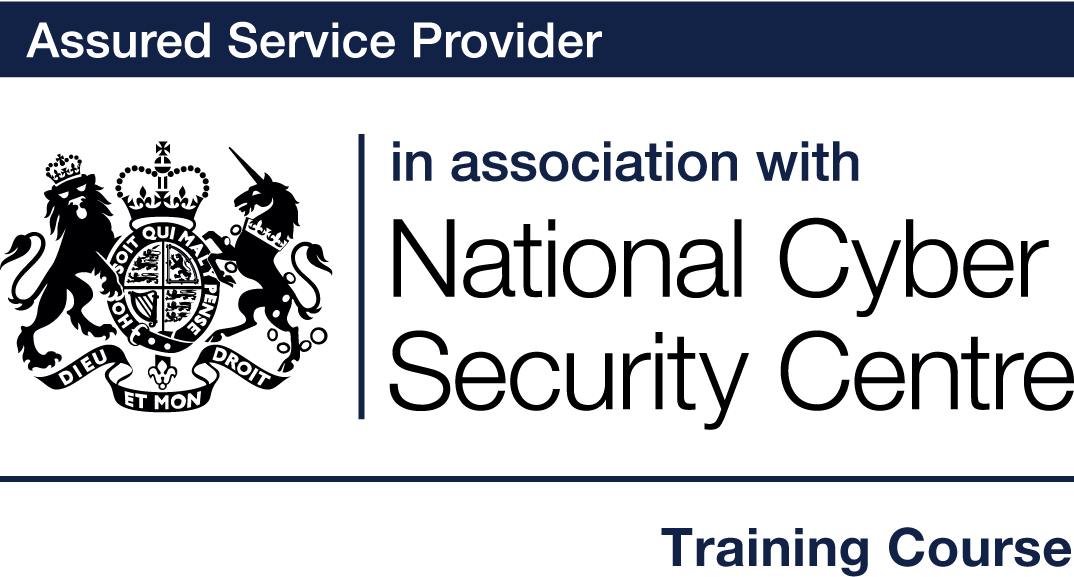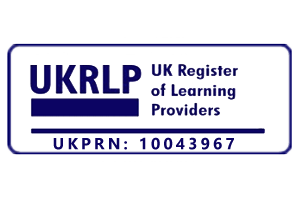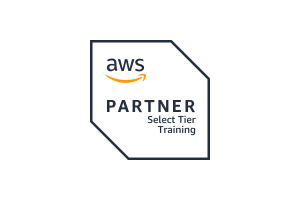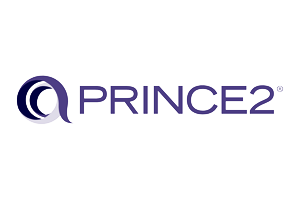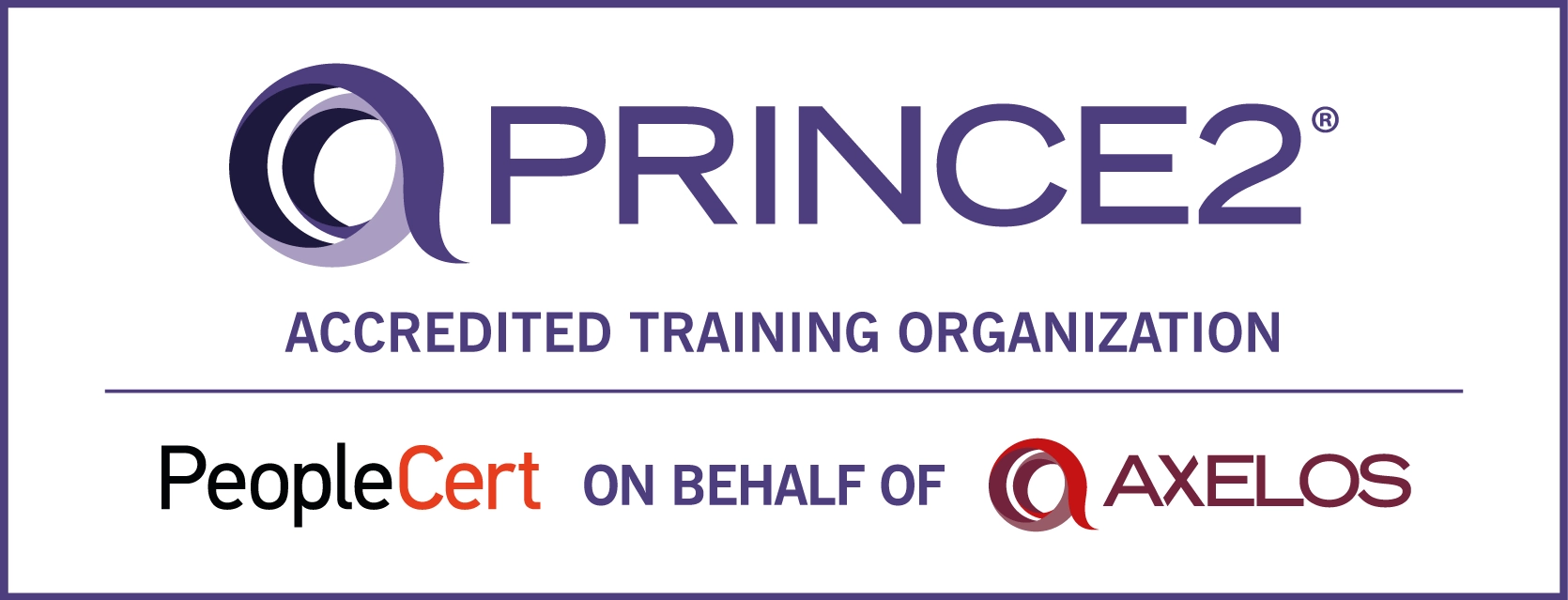As a Microsoft Azure AI engineer, you build, manage, and deploy AI solutions
that make the most of:
- Azure Cognitive Services.
- Azure Applied AI services.
Your responsibilities include participating in all phases of AI solutions
development, including:
-
Requirements definition and design
-
Development
-
Deployment
-
Integration
-
Maintenance
-
Performance tuning
-
Monitoring
You work with solution architects to translate their vision and with data
scientists, data engineers, Internet of Things (IoT) specialists,
infrastructure administrators, and other software developers to build
complete end-to-end AI solutions.
As an Azure AI engineer, you have experience developing solutions that use
languages such as:
You should be able to use Representational State Transfer (REST) APIs and
SDK to build secure image processing, video processing, natural language
processing, knowledge mining, and conversational AI solutions on Azure.
You
should be familiar with all methods of implementing AI solutions. Plus,
you
understand the components that make up the Azure AI portfolio and the
available data storage options. As an Azure AI engineer, you also need
to
understand and be able to apply responsible AI principles.
Skills Measured
- Plan and manage an Azure AI solution (25–30%)
- Implement image and video processing solutions (15–20%)
- Implement natural language processing solutions (25–30%)
- Implement knowledge mining solutions (5–10%)
- Implement conversational AI solutions (15–20%)
